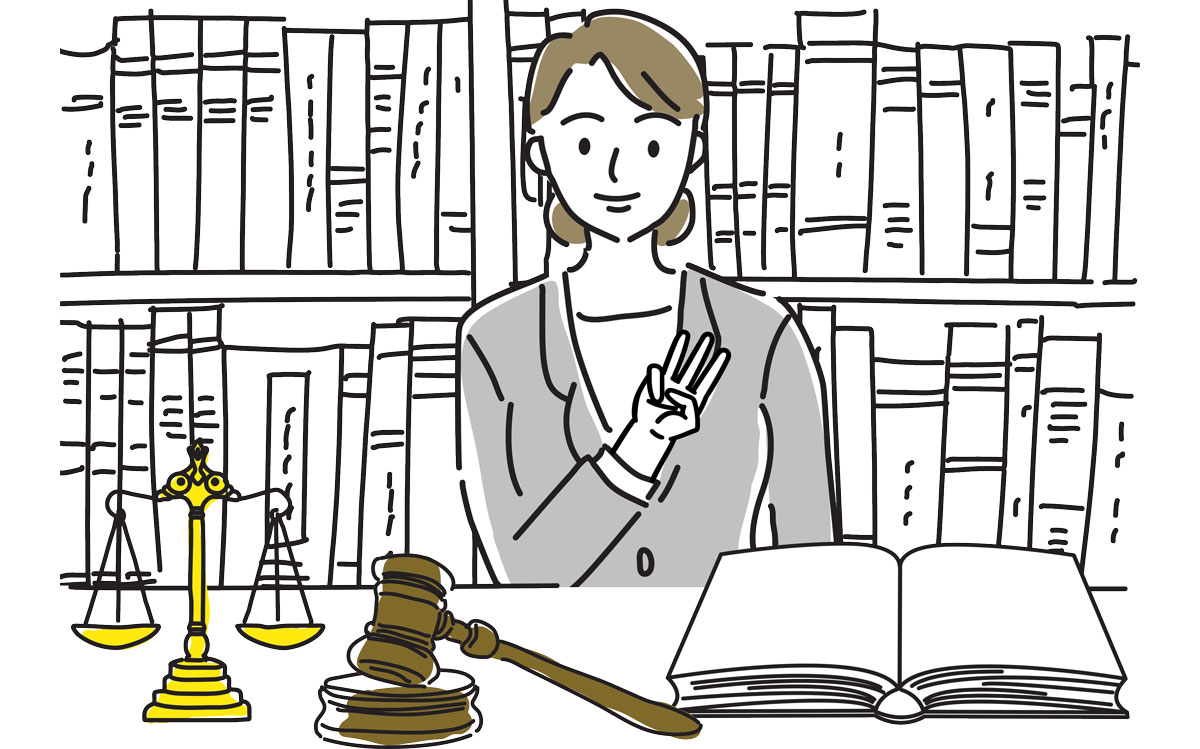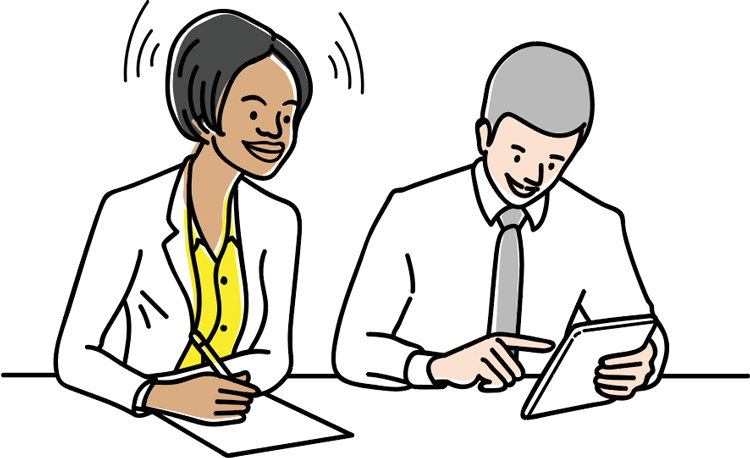
By Cianna Guerra Halloran
Most cases never make it to trial. This axiom is repeated incessantly throughout the legal community, yet my own experience would say differently. In just over a year since I became licensed to practice, I have gone to trial in two complex civil litigation cases. This may be a rare experience overall, but as a new civil litigator I can attest that one should be prepared for the potential of a trial anyway. The problem is, how can you be prepared for trial when you are entirely new to the practice of law?
One of my two cases was a bench trial that lasted over two weeks in state court and involved the sale of a business as well as fiduciary duties claims. The second was a jury trial involving a distributor-manufacturer contract and trademark issues; it lasted a week in federal court. The two cases were vastly different in subject matter, strategy, and style, but the lessons gained were largely the same.
In my experience, the role of a junior lawyer on a trial team is as distinctive as the roles of lead counsel and second chair. Senior lawyers frequently assume it will be an added stressor to bring an inexperienced lawyer to trial. But as the saying goes, “You can’t get a job without experience and you can’t get experience without a job.” So how do you add value and prove yourself worthy of being on a trial team even if you don’t have much experience? I have three tips.

1) Triple-check everything.
Triple-check your work. This is obvious advice, I know, but critical. As a newer lawyer you are already prone to making more mistakes than others. Many of them may not even be properly categorized as mistakes, but rather nuances you missed simply because you have never performed a particular task before. This is especially true if you are preparing for trial for the first or second time. Consequently, it’s imperative that you do everything in your power to check your work—which means fixing the mistakes that you can catch and raising questions about the things you do not know. This way, when your work is being reviewed, the only things that should need to be corrected, added, or deleted are the things that it makes sense for you not to understand at this point in your career. I believe that this thoroughness builds trust between you and the other lawyers on the case, which is essential for my next two tips.

2) Listen with intention.
Litigation is a strategic process and it becomes increasingly complex as you close in on trial. It is easy for junior lawyers to feel that they should not be involved in strategy because they are too inexperienced to have any strategic insights. But this state of affairs gives junior lawyers the unique opportunity to listen with intention. And junior lawyers should definitely spend more time listening than speaking. If you add your two cents on every call, meeting, or email chain, you may just find that it adds up to less than you’d hoped. I’m someone who generally hates to be told not to share what’s on my mind. But if you can accept this as a temporary role, it can help to secure your place on a trial team.
My suggestion to you is that you do not tune out the portions of team meetings that do not immediately involve you; take note of what the concerns are, what the options are, and the strategies that are ultimately adopted. Stay tuned into the case and try to grasp the issues. By listening intentionally and absorbing details you are not even expected to master, you will prove that you are attentive, tracking all issues, and capable of jumping in if you are needed.

3) Contribute meaningfully.
In a perfect world, you are asked your opinion every time it might prove useful. Unfortunately, that is not the case. I have noticed that some senior attorneys do not want to ask for opinions and put junior lawyers on the spot. I think most junior lawyers appreciate that gesture, but at the same time junior lawyers are still tracking the case in detail—reviewing documents, researching case law, and analyzing the evidence against the elements of the claims. Your knowledge is more of a gold mine than you may realize. You have knowledge of details that will come up in trial preparation, witness preparation, and the trial itself.
It’s hard to know when to speak up and when not to, so my two micro-tips in this area are as follows. First, speak up more often than not with the person who is next in seniority to you—most likely a senior associate or junior partner, at least in complex civil litigation cases. This person knows the details of the case as well, but has more capacity to engage in specific case-management discussion. This is the best way I have found to contribute all my ideas, thoughts, worries, comments, and questions, without taking up the time of the entire team. This person should then act as a filter to explain to you why you may be wrong or to elevate your idea to the rest of the team.
Second, read the room and try to speak up last. When a question comes up, listen to what the rest of the team thinks—and if you have a thought that has not been addressed already, then speak up and contribute that idea. What I have found is that you can often avoid sharing something that is unhelpful by waiting to hear what others think. And you get the added bonus of expressing a potentially good idea after everyone else already shared theirs.
Lack of experience can feel like a crippling condition that we all have to work past before getting a seat at the table. But I believe that you can be extremely valuable without that experience if you focus on the quality of your work, listening intentionally, and contributing meaningfully. At the end of the day, your trial team and the clients that you work with benefit when you add the most value possible, no matter your experience level.
 Cianna Guerra Halloran is a litigation attorney at Winthrop & Weinstine, PA, practicing in all aspects of commercial litigation with an emphasis in shareholder and contractual disputes, insurance, and employment defense.
Cianna Guerra Halloran is a litigation attorney at Winthrop & Weinstine, PA, practicing in all aspects of commercial litigation with an emphasis in shareholder and contractual disputes, insurance, and employment defense.